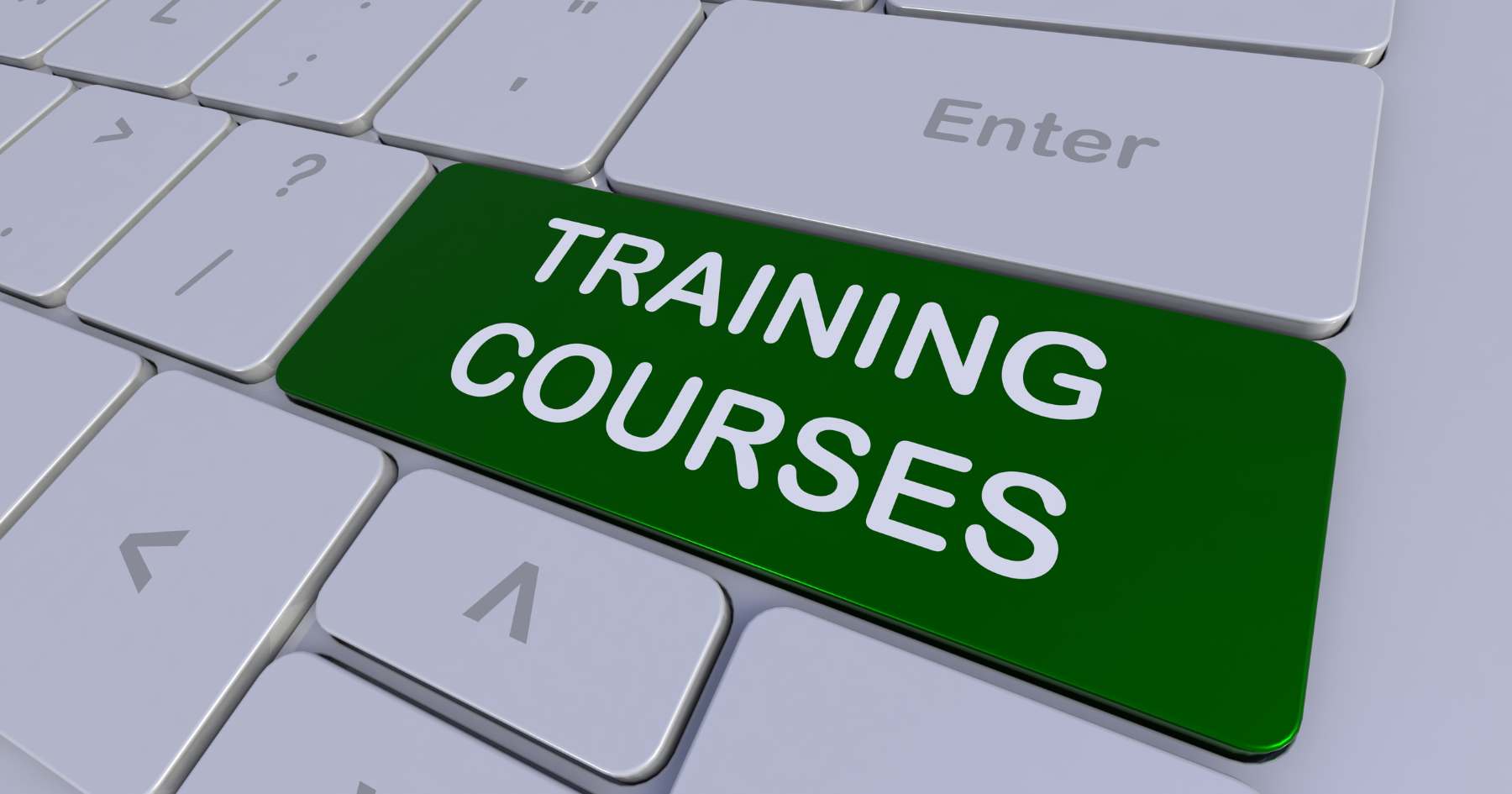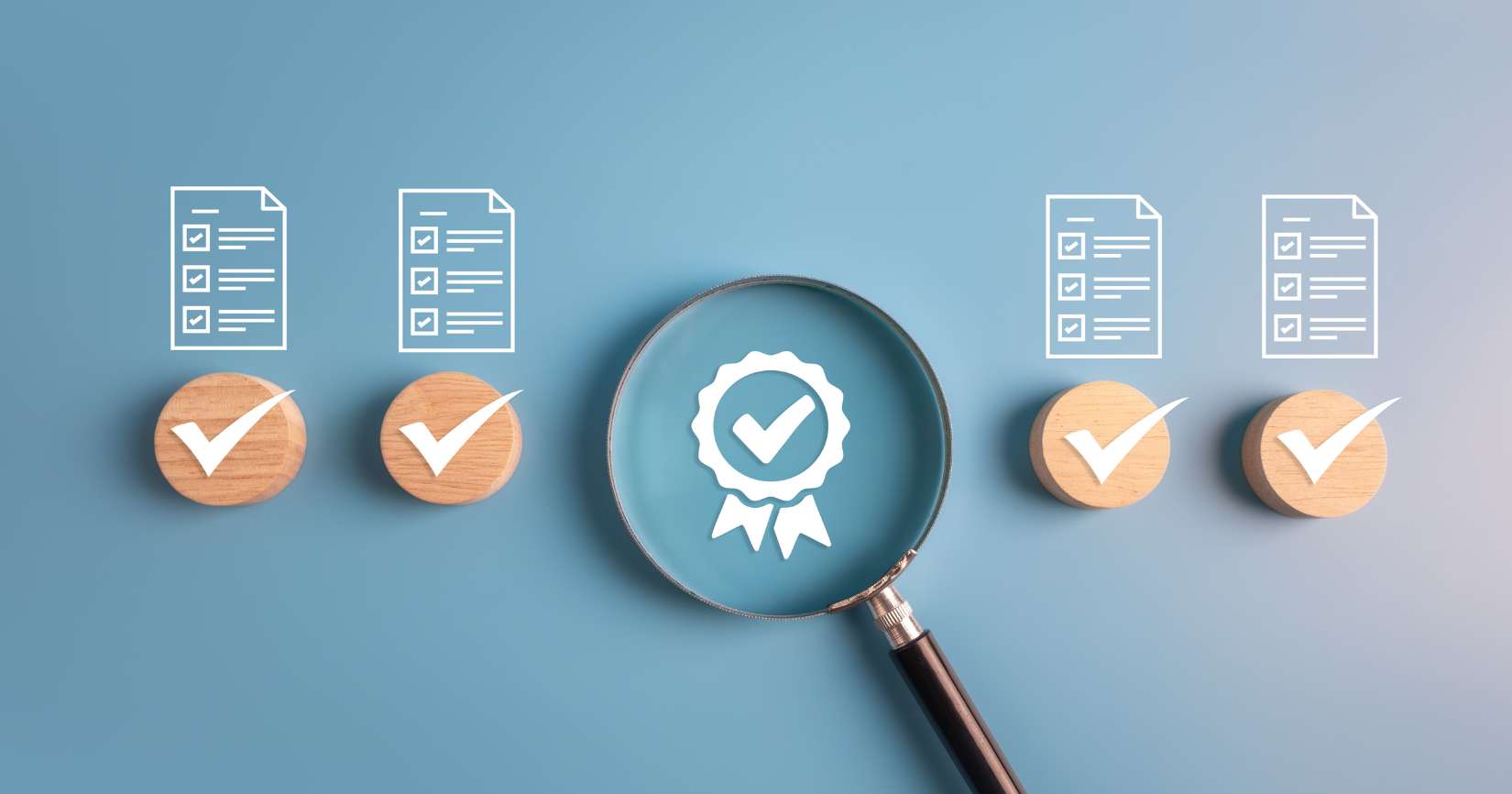
Are you thinking about starting a business as a social media marketer but are unsure about where to start?
SME South Africa spoke to social media strategists and agency founders, Lebogang Mokubela and Lindo Myeni on their entrepreneurship journeys in the social media marketing industry.
Lebogang Mokubela, CEO of the Lemok Group, has been in the marketing industry for ten years. “I have seen the change in consumer behaviour, specifically how consumers view marketing. Traditional marketing (i.e. advertising) is losing effectiveness mainly because it is based on one-way communication (click now, buy now etc).
“Social media is the total opposite; it is about actually understanding that marketing is a two-way conversation. Businesses that fully utilize this concept will win. It is as simple as that.”
Lindo Myeni, owner of BrandConnecX, says he has worked as a social media influencer for three years, and for two of those years he worked as a professional social media marketer.
“Now I work with SMEs, I also consult with entrepreneurs, upcoming social media influencers about their personal social media accounts.”
According to Myeni, social media is effective in influencing customers’ buying decisions. “Social media is a vital piece of your business marketing strategy. Social platforms help you connect with your customers, increase awareness about your brand, and boost your leads and sales.
“Not surprisingly, when you stay in front of your customer base, they’re more likely to buy from you when they need the products you sell.”
What goes into setting up a social media agency? Myeni and Mokubela share what services social media agencies provide and how you can differentiate yourself in what is an increasingly competitive space.
Advice for operating as a professional business
Mokubela
1. Pick a niche. No one is good at everything, so find what product line or industry you have vast knowledge of so you can add value.
2. Work out your methodology. Social media isn’t about posting a [certain] number of times on platforms. You need to figure out what challenges your market is facing, create a methodology to solve this problem.
3. Work out your pricing. Build both a retainer and project-based pricing guide. But also have pricing for smaller clients versus bigger ones.
4. Position yourself. How you will market yourself – we are positioned as an award-winning township-based digital agency so what is your positioning? What does that say to your potential clients? Do they even care? Once you figure this out then look into which platforms you can advertise yourself. PR and our billboard campaigns have worked for Lemok.
5. Get a team – a team of specialists, not just people that know what Facebook is. Also, figure out your recruitment ratio – how many full-time staff and how many freelancers? This could make or break your business.

Myeni
1. Identify your business goals and target audience. A well-planned approach to social media always works better than random social media activities. Your plan should inform all of the activities that you’ll run for your business on media. Every business has a specific set of goals, and your social media plan should tie directly into those goals.
2. Identify social media platforms for your business. Many business owners spread themselves too thin by signing up for multiple social networks all at once. Take the time to understand some of the popular social networks before deciding which ones are right for your brand e.g. a local florist can be on Instagram, but maybe not on LinkedIn.
3. Develop a social media strategy. Whether you want to grow your brand through social media or to level up as a social media marketer, developing a social media marketing strategy is essential.
4. Choose a social media management tool. Choosing the right tools can save you a lot of time. As a small or established business owner, these tools will allow you to do scheduling, publish content across key social networks, monitor brand mentions and keywords, understand your audience, help create content, and generate reports on performance. Your social media management tool should work on your mobile devices (as well as your team members’ mobile devices). These are the best social media marketing tools: Hootsuite, Buffer, Sprout Social, SocialBee, Agorapulse to name a few.
5. Schedule your content to free up more time for engagement.
6. Monitor the conversation and measure what matters. Listen to what people are saying about your business across social networks. Every interaction is an opportunity to engage. Pay attention to how people engage with your business.

Services and products we provide to clients
Mokubela
- Create a content strategy (every three months)
- Create content calendars according to a strategy (every month)
- Schedule content (once a month)
- Create adverts via ads manager and assign budget
- Manage platforms (includes answering questions, inboxes etc) (every one to two hours, daily)
- Review analytics to check effectiveness of content and ad spend to tweak (weekly)
- Generate reports (monthly)
- Lastly, conceptualize campaigns (as and when required)
Myeni
Daily tasks:
- Curation of content to share
- Schedule the updates
- Check and reply to mentions
- Monitor the keywords
- Set Google Alerts
Weekly:
- Weekly goals check in
- Update social media ads
- Strategy meeting session
- Content meeting
- Check the analytics
- Engage with influencers
- Check Google Alerts for the week
Monthly:
- Check Google Alerts for monthly discoveries
- Perform a social media audit
- Goal setting
- Come up with new experiments
- Plan for the next month or more
A social media marketer’s role differs depending on where you work: an agency, a startup company or the government.
The most important tasks [for me] will be to research the content and break it into small pieces for social media or long form for blogs or LinkedIn articles. Listening and responding to customers’ inquiries should be the top priority for digital marketers and, also, you should be reviewing analytics as a digital marketer to check what’s working or what does not work.

Tools, networks and resources to keep up with industry trends
Mokubela
- I have subscribed to Medium.com, as well as Feedly.
- I am constantly reading what is happening within our industry as well as our clients’ industries. But what I have found valuable is actually studying what challenges our clients are experiencing, what causes those challenges then finding ways to solve or mitigate them.
Myeni
- Every month I take a short online course on what I call the ‘Netflix-of-Learning’ called LinkedIn Learning which comes as a package when you sign up for LinkedIn premium and there are tons of short courses [available] in different fields. And I also take other online courses from other resources.
- I read at least one book per month, now I prefer ‘Audible’ where I get all my audiobooks which I get to listen to on the go with my headsets even when I am busy with something. I read a lot of biographies, leadership, business management and mostly marketing books. Feel free to connect with me on LinkedIn or Twitter for book recommendations.
- Make a Twitter list of influencers in the industry. The beauty of social media is that the experts often hang out there, too. Whenever there is a new announcement or update in the social media world, you’ll find influencers discussing it on Twitter.
- I have signed up to number of podcasts to learn from other marketers or business people and I recently launched my podcast called ‘DigitalMe Podcast with Lindo Myeni’ which is a digital marketing and influencer marketing podcast.
- I also use Google Alerts which is similar to Google Trends. Google Alerts will keep you in the know, but on your own schedule. By setting your alerts to once a day, once a week, or even once a month, you can check in on what’s been happening and figure out which new trend you prefer the most, rather than latching on to the first one you read about.
- IFTTT — (“If this, then that”) sets up connections between apps and services you already use for content discovery and sharing. When you set up an IFTTT with a recipe, you can save time by automatically having social media news and updates served up to you according to your content consumption preferences.
- And I joined Facebook, WhatsApp and LinkedIn groups where we discuss all things digital marketing. I like Tweet chats, I have been invited three times by the biggest weekly tweet chat in the continent — yes numbers don’t lie, it’s called #AfricaTweetChat and I also like industry blogs which are about social media marketing.






